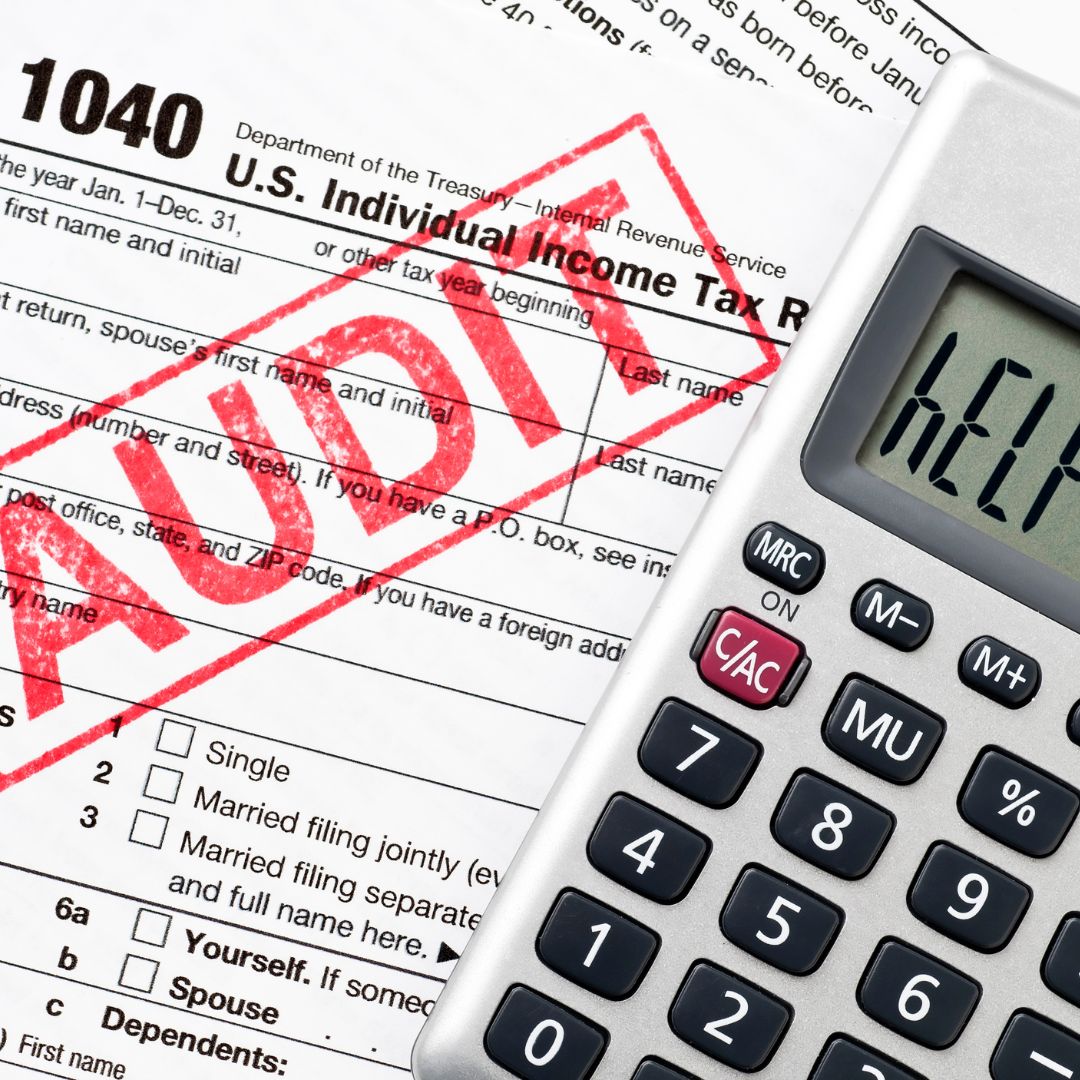Tax season can be stressful for both individuals and businesses, especially with the constantly changing regulations. Staying compliant with tax laws is crucial to avoid costly mistakes, penalties, and even legal issues. As 2025 approaches, understanding the most common tax mistakes—and how to avoid them—will ensure you remain on the right side of the IRS or your country's tax authority. Here’s a guide to the common tax mistakes to steer clear of, along with tips to stay compliant.
1. Failing to Keep Accurate Records
One of the most critical components of tax compliance is maintaining accurate and organized records. Without proper documentation, it becomes challenging to substantiate income, deductions, and credits.
Mistake to Avoid:
Not keeping receipts or failing to track expenses can result in missed deductions and may even lead to penalties if you're audited.
Incomplete or disorganized records can also slow down the filing process and increase the chances of errors.
How to Stay Compliant:
Maintain detailed records: Keep track of all income, expenses, and deductions, including receipts, invoices, and bank statements.
Use digital tools: Consider using accounting software or apps that track your finances automatically and organize receipts for you.
Store records for the right period: Generally, keep records for at least 3-7 years, depending on the type of transaction and the statute of limitations for audits.

2. Overlooking Tax Deductions and Credits
Tax deductions and credits can significantly reduce your taxable income, but many taxpayers miss out on them due to a lack of awareness.
Mistake to Avoid:
Ignoring eligible deductions or credits: Deductions such as for student loan interest, mortgage insurance, and business expenses can reduce your taxable income.
Misunderstanding credits vs. deductions: Tax credits directly reduce the amount of tax you owe, while deductions reduce the amount of taxable income.
How to Stay Compliant:
Review available deductions and credits: Keep up-to-date with tax law changes to ensure you don't miss credits like the Earned Income Tax Credit (EITC) or deductions for charitable contributions, home office expenses, or educational costs.
Consult a tax professional: If you’re unsure about what you qualify for, consider seeking advice from a tax expert to ensure you maximize your tax benefits.
3. Not Reporting All Income
Underreporting income is a serious mistake that can lead to hefty fines, interest charges, and even criminal penalties.
Mistake to Avoid:
Failing to report all income: Whether it's from freelance work, side jobs, or investments, all income must be reported, even if it doesn’t come with a W-2 or 1099 form.
Not accounting for cash payments: If you’re paid in cash, it’s still considered taxable income, and not reporting it can lead to tax fraud accusations.
How to Stay Compliant:
Report every source of income: Include all income, whether it's from an employer, freelance work, rental properties, or investments.
Use tax forms properly: Ensure that you submit all required forms, including 1099s or K-1s if applicable, to avoid discrepancies.
Track side hustle or gig work: If you work as a freelancer or gig worker, maintain detailed records of earnings and expenses, and pay quarterly estimated taxes if needed.
4. Failing to File or Pay Taxes on Time
Filing late or not paying taxes on time can result in penalties, interest charges, and even audits.
Mistake to Avoid:
Missing the filing deadline: Whether you’re filing personally or for your business, missing the deadline could result in late fees or higher penalties.
Failing to pay estimated taxes: If you're self-employed or have significant income that isn’t subject to withholding, failing to pay estimated quarterly taxes can result in underpayment penalties.
How to Stay Compliant:
File on time: Make sure you know your tax deadlines. The personal tax filing deadline in the U.S. is typically April 15, while quarterly business taxes are generally due in April, June, September, and January.
Consider filing for an extension: If you're unable to file on time, consider requesting an extension. Keep in mind, this only extends the filing deadline, not the payment deadline.
Pay estimated taxes: If you’re self-employed or have other income not subject to withholding, make sure to pay estimated quarterly taxes to avoid underpayment penalties.
5. Misclassifying Workers (Independent Contractor vs. Employee)
Many businesses and self-employed individuals make the mistake of misclassifying workers, which can have serious tax consequences.
Mistake to Avoid:
Classifying an employee as an independent contractor: This can lead to missed payroll tax payments and improper withholding, resulting in fines and penalties.
Misunderstanding tax liabilities for contractors: While contractors are responsible for their own taxes, employees have taxes withheld by the employer.
How to Stay Compliant:
Correctly classify workers: Be sure to classify workers as either employees or independent contractors based on IRS guidelines. This ensures the proper tax deductions and contributions are made.
Consult a tax advisor: If you're uncertain, it's worth consulting a tax professional to make sure you're meeting your legal obligations regarding workers.

6. Ignoring State and Local Taxes
Many individuals and businesses focus solely on federal taxes but overlook state and local taxes, which can lead to unexpected liabilities.
Mistake to Avoid:
Not filing state and local taxes: Each state has different tax laws, and failing to comply with these can lead to additional penalties. Some states also have specific tax credits, deductions, and exemptions you may miss if you're unaware.
Forgetting sales tax: Businesses must collect and remit sales tax on taxable goods and services. Failing to do so could lead to audits and fines.
How to Stay Compliant:
Know your local tax requirements: Research or consult an expert to understand your state and local tax obligations, including income taxes, sales taxes, and property taxes.
Register for state tax ID numbers: For businesses, ensure you’re properly registered for all state and local tax IDs and are filing the correct forms on time.
7. Making Errors on Tax Forms
Even minor errors on your tax forms can delay processing and lead to additional scrutiny from tax authorities.
Mistake to Avoid:
Simple arithmetic errors: Mathematical mistakes, like incorrect additions or subtractions, can cause tax issues and delays.
Incorrectly filling out forms: Misplacing or omitting key information like Social Security numbers or income totals can cause your return to be rejected or flagged for further review.
How to Stay Compliant:
Double-check your forms: Before filing, carefully review your forms for accuracy. Ensure that all numbers, names, and Social Security numbers are correct.
Use tax software: Many tax filing programs automatically check for common errors and can help ensure your forms are filled out correctly.
Consider professional help: If you’re filing a complex return, a tax professional can help you avoid mistakes.
8. Not Adjusting Withholding or Estimated Payments
If you get a large tax refund or owe a lot at the end of the year, it may indicate that your withholding or estimated payments need adjusting.
Mistake to Avoid:
Not adjusting withholding: If you're getting back a large refund each year, it may mean you're withholding too much. Conversely, if you owe a significant amount, you might need to withhold more or make estimated payments.
How to Stay Compliant:
Adjust your W-4: If you're an employee, adjust your withholding through your W-4 form to more closely match your tax liability.
Review estimated payments: Self-employed individuals should review and adjust quarterly estimated tax payments based on any changes in income or deductions.
Conclusion
Staying compliant with tax regulations in 2025 is vital to avoid penalties, interest, and audits. By staying organized, filing on time, understanding your deductions, and keeping accurate records, you can ensure a smooth tax season. Whether you're an individual taxpayer or a business owner, taking proactive steps to avoid these common tax mistakes will help you remain in good standing with the IRS or your country's tax authorities. If you're ever in doubt, consider working with a tax professional to help you navigate the complexities of tax laws and stay on top of changing requirements.



